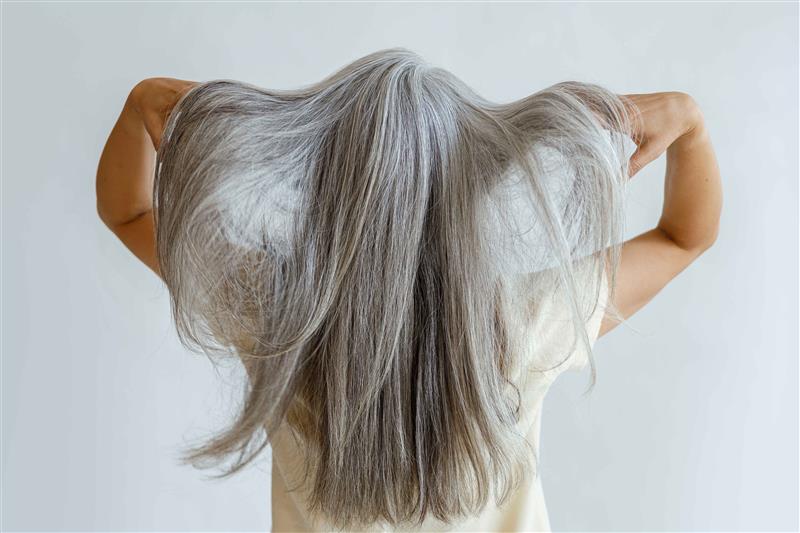Most hair loss is related to hereditary factors which results in pattern baldness. However, it is also important to realize that the hair follicle is a very complex organ and that many drugs can negatively affect it. While occurrences of drug induced hair loss are relatively rare in the total scheme of things, it is important to find out when you lose hair while taking a drug, if it is causing the hair loss.
The popular class of anti-cholesterol statin drugs can sometimes cause hair loss or hair thinning. This effect is thought to be related to not only a reduction in cholesterol in the blood from taking these drugs, but also to the resulting reduction of cholesterol in the hair. Cholesterol is a building block for many hormones such as testosterone which influences hair growth. By reducing cholesterol in the hair it is thought that effects this hormone. There is also a class of antihypertensive drugs called beta blockers and some of them have been found to cause hair loss and hair thinning. The reasons for this are not well understood, but may be related to a reduction in blood flow to the hair. Other drugs that thin blood such as warfarin also have been found to negatively affect hair.
Research has also found that chronic use of some antibiotics also upset hormone levels in the hair follicle and thus contribute to hair loss. Other drugs such as antifungals drugs have on occasion been reported to cause hair loss as a side effect. While the reasons why this side effect sometimes occur are not completely understood, it may be related to the fact that when you take antibiotics they kill off bacteria both good and bad. When you’ve lessened your natural colonies of good bacteria you end up both decreasing the fungicides they produce as well as open up a bunch of new space for yeasts to grow in which cause hair loss.
Some other drugs that treat gout or arthritis have also been associated with hair loss. Steroids are produced from hormones that are very similar to androgens, which are the male sex hormones. The most potent androgen is testosterone, and if you introduce it excessive amounts into your body you may experience thinning hair and hair loss.
One organ of the body that has an indirect effect on hair is the thyroid gland. The thyroid gland regulates body metabolism which in turn affects body temperature. When this occurs it causes chemical reactions in that directly affect hair growth. Thus, any drugs that negatively impact on the thyroid gland such as lithium, indirectly cause hair loss or thinning.
Finally, a number anti-depressant drugs have also been found to cause hair loss. This is because some of them deplete proteins and amino acids. Hair is largely made of protein, so it is possible that by affecting protein production, hair is also negatively impacted.










